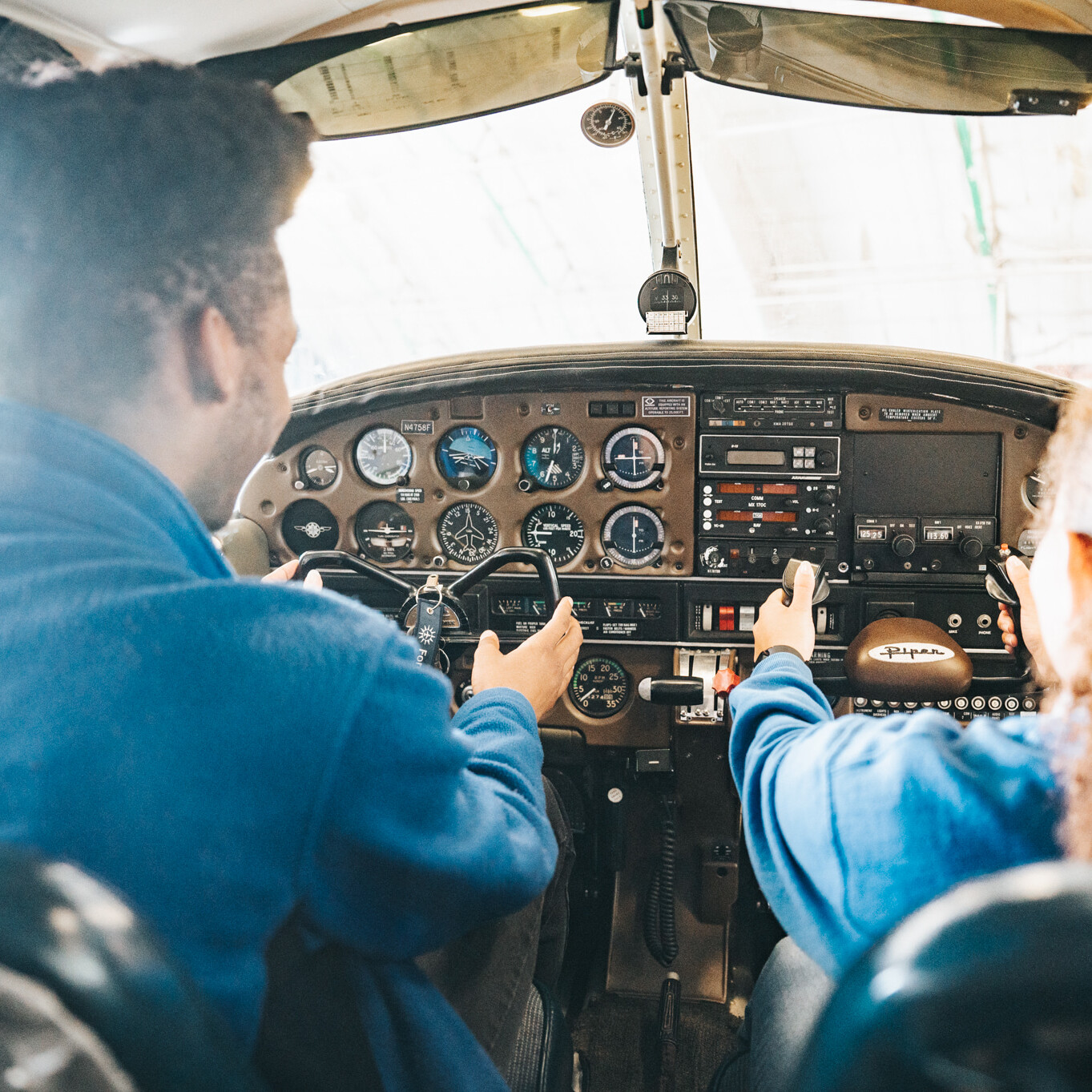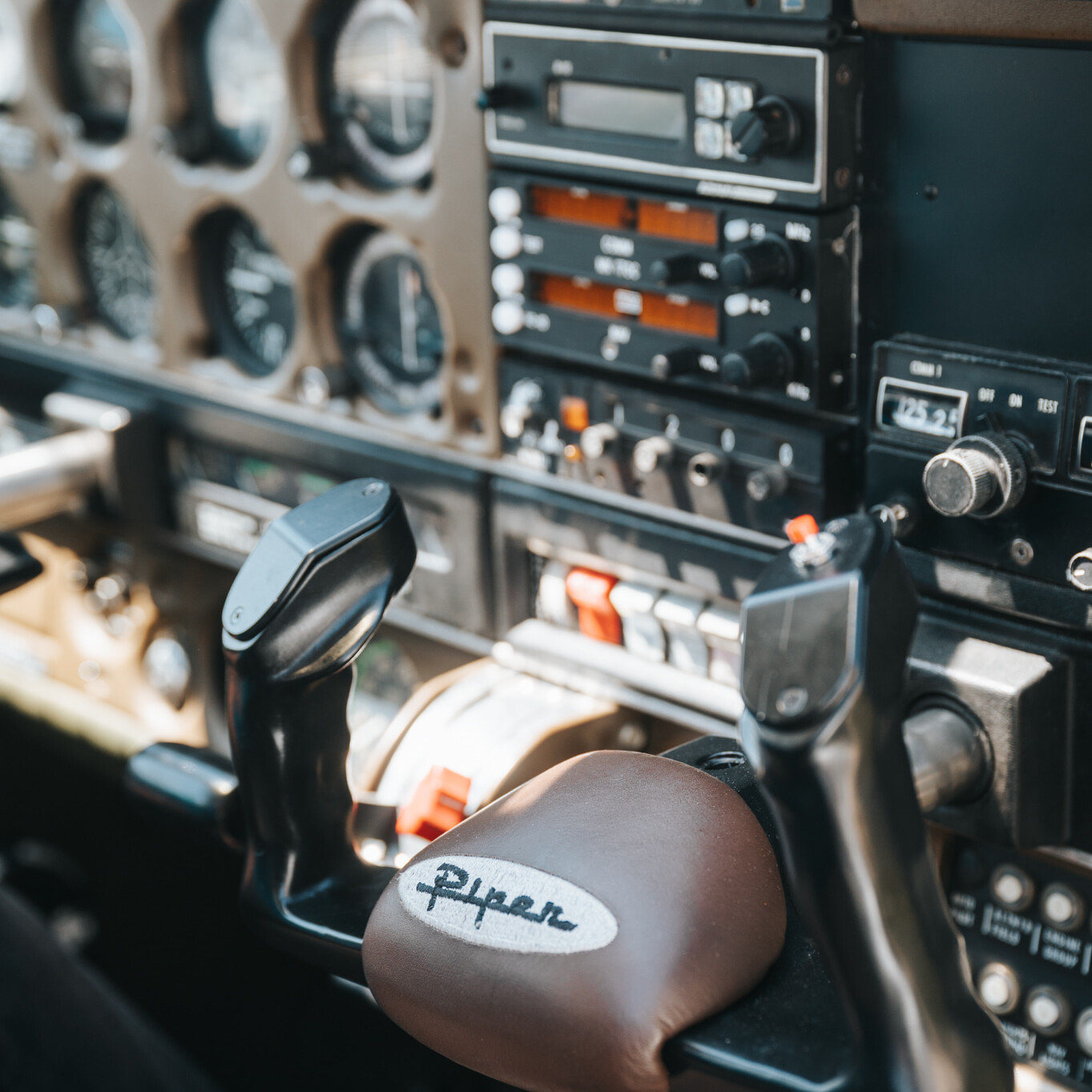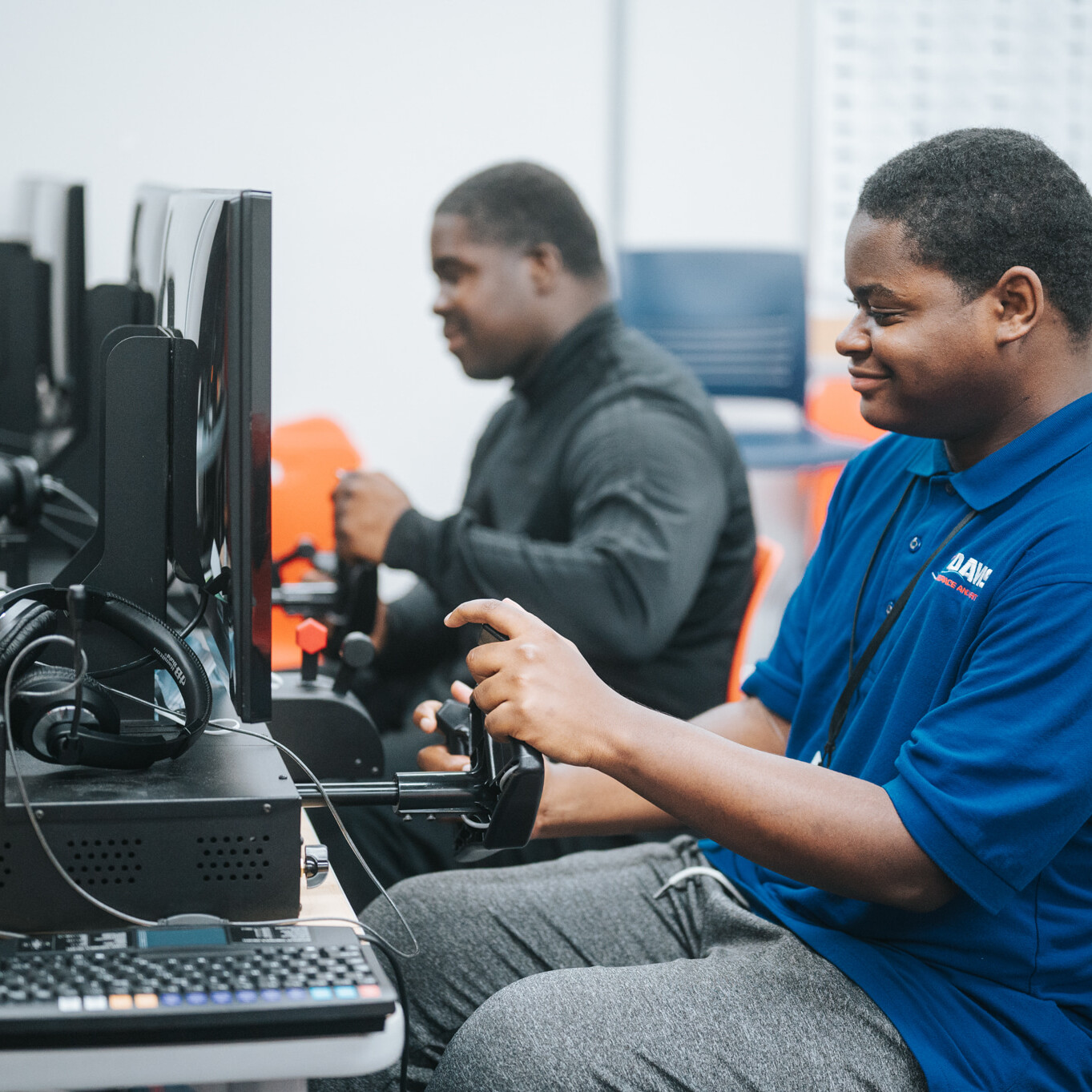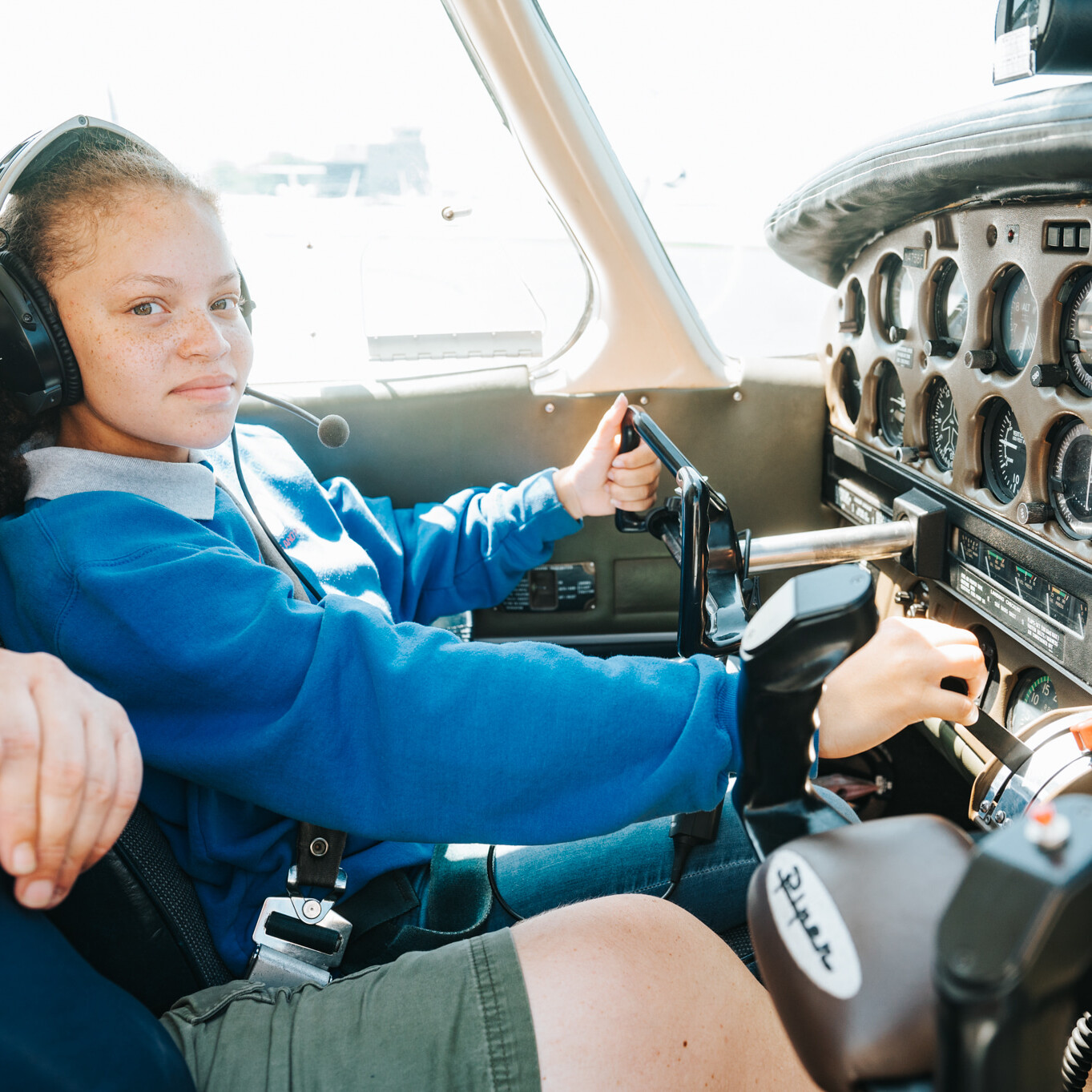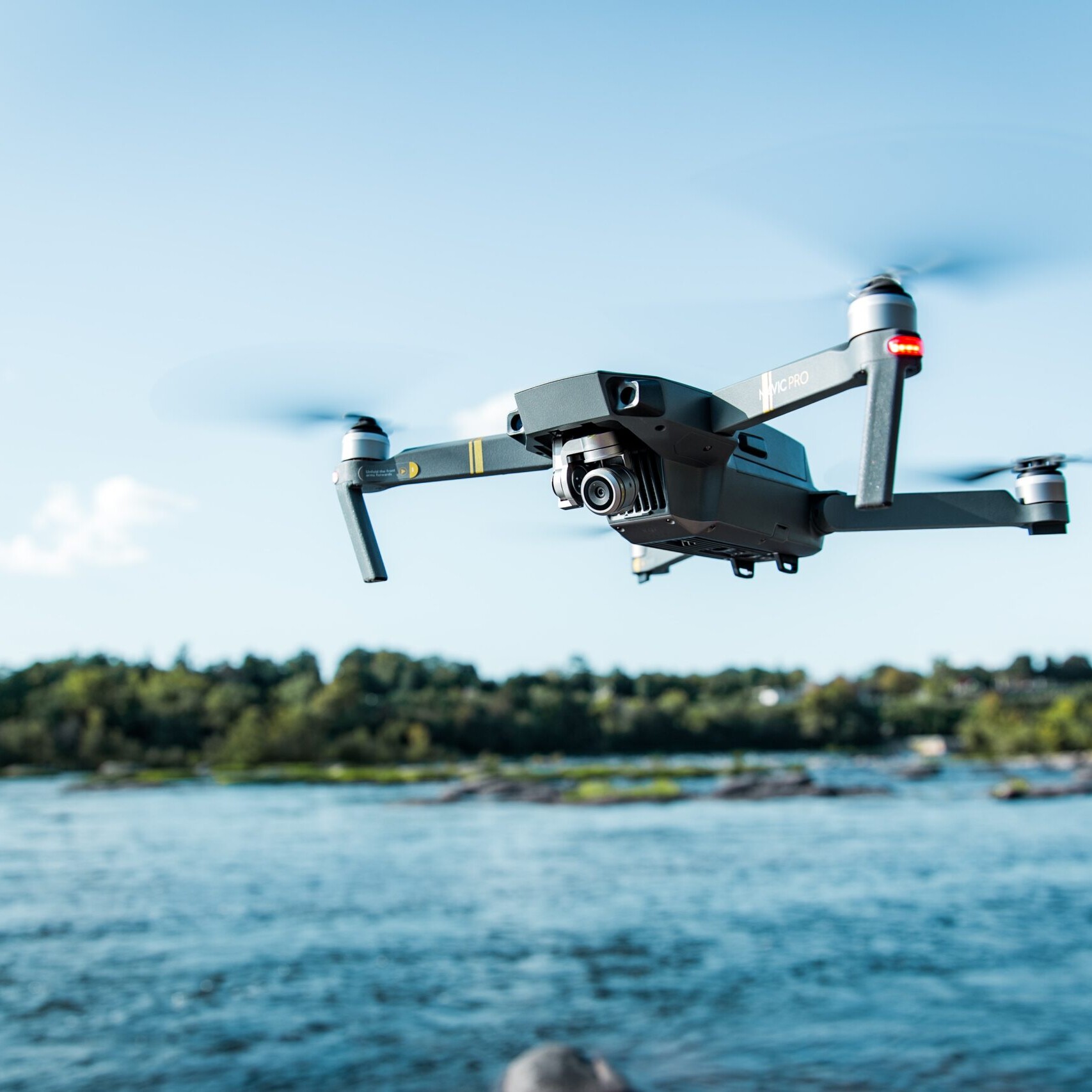The Need for Argonaut in Aerospace
“The pilot shortage for the industry is real, and most airlines are simply not going to be able to realize their capacity plans because there simply aren’t enough pilots, at least not for the next five-plus years.”
– Scott Kirby, CEO, United Airlines
According to the Regional Airline Association, the U.S. will lose about half of its pilots to retirement in the next 15 years. A recent government estimate projects a shortfall of 18,000-plus pilots each year for the next decade.
Historically, airlines hired the bulk of their pilots from the military, however, in recent years, this stream of recruitment has slowed significantly. The military itself does not have enough pilots. A 2019 report from the Department of Defense says the Air Force has seen shortfalls since 2006 and the service was short more than 1,500 pilots at the end of 2016. Even further, by 2019, it had a deficit of 2,100 pilots.
Training pilots is not a quick fix. Pilots require extensive training and 1,000’s hours of flight time to become a commercial pilot for one of the US Airlines. It is also costly, with a private pilot’s license (the first step) costing approximately $10,000 to earn and a commercial license costing between $80,000 and $170,000 a year.
The shortage for aviation mechanics is also dismal. Facing a severe shortage of skilled workers and technicians, the aerospace industry is facing a dire forecast. According to Boeing’s Pilot and Technician Outlook, the 20-year period between 2022 and 2041, the global industry will need to recruit and hire 610,000 new maintenance technicians.
The combined shortages of aviation mechanics and technicians, as well as commercial pilots results in cancelled flights, longer delays, safety concerns, and instability of the industry.
In response, Argonaut is working in direct partnership with United Airlines to create a cost-affordable and accessible pathway for high school students at Davis Aerospace and Maritime High School to move into these critically needed career tracks. While there is no short-term fix, we believe that we can create a high-quality and impactful model that can be replicated across the country and are committed to working together with United Airlines leadership to achieve this goal.

